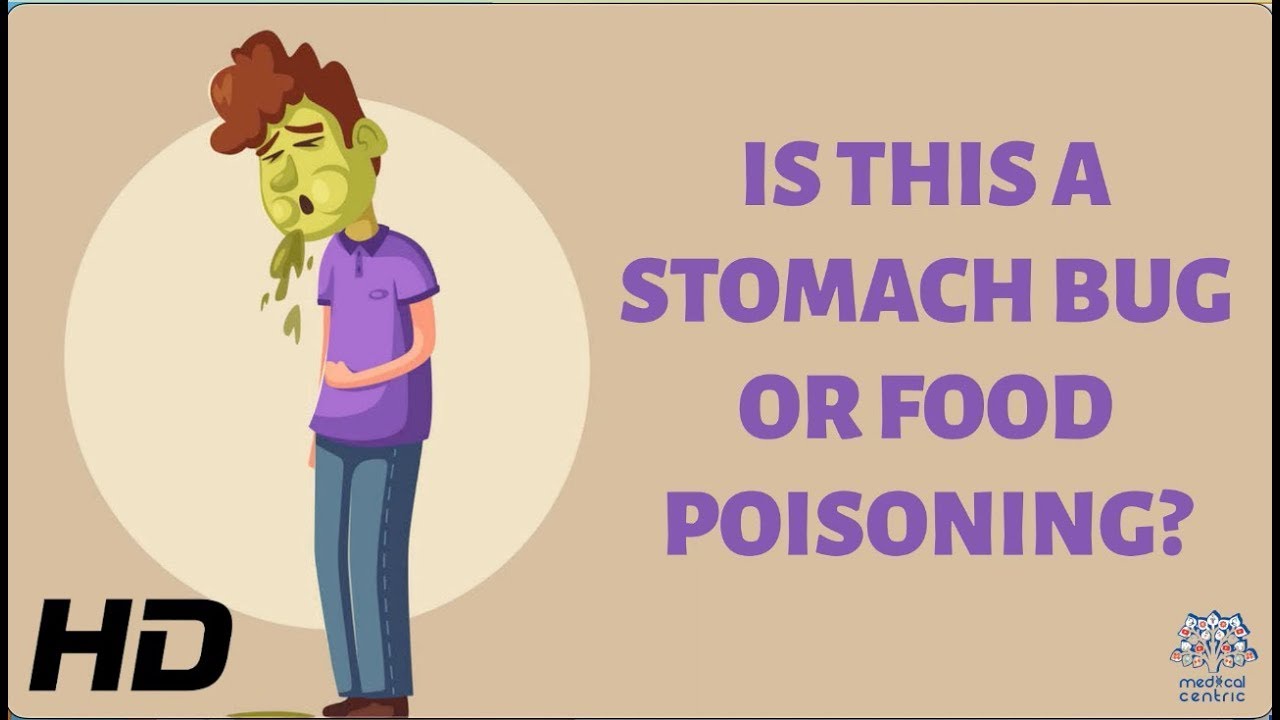Stomach Infection: Causes, Symptoms, and Treatment
In this article, we will delve into the topic of stomach infections, exploring their causes, symptoms, and available treatment options. Stomach infections, also known as gastroenteritis, are a common health issue that can cause discomfort and disrupt daily activities. By understanding the underlying causes and recognizing the symptoms, you can take appropriate measures to manage and treat stomach infections effectively.
Causes of Stomach Infections
Stomach infections can be caused by various factors, including:
Bacterial Infections: Certain bacteria, such as Salmonella, Escherichia coli (E. coli), and Campylobacter, can lead to stomach infections. These bacteria are often transmitted through contaminated food or water.
Viral Infections: Viruses like norovirus and rotavirus are common culprits behind stomach infections. These viruses can spread through close contact with an infected person or by consuming contaminated food or water.
Parasitic Infections: Parasites like Giardia lamblia and Cryptosporidium can also cause stomach infections. These parasites are usually found in contaminated water sources.
Symptoms of Stomach Infections
The symptoms of a stomach infection can vary from mild to severe. Common symptoms include:
Abdominal pain and cramping
Nausea and vomiting
Diarrhea
Fever and chills
Loss of appetite
Dehydration
If you experience persistent or severe symptoms, it is important to seek medical attention for proper diagnosis and treatment.
Treatment of Stomach Infections
When it comes to treating stomach infections, the primary goal is to alleviate symptoms and prevent complications. Here are some recommended treatment options:
Hydration: It is crucial to stay hydrated by drinking plenty of fluids. Oral rehydration solutions can be particularly helpful in replacing lost electrolytes.
Dietary Modifications: Stick to a bland diet consisting of easily digestible foods like rice, bananas, and toast. Avoid spicy, fatty, or greasy foods that can further irritate the stomach.
Medications: Over-the-counter medications like anti-diarrheal and anti-nausea drugs can provide temporary relief. However, it is important to consult a healthcare professional before taking any medication.
Rest and Recovery: Get plenty of rest to allow your body to heal. Avoid strenuous activities until your symptoms improve.
Antibiotics (if necessary): In some cases, bacterial stomach infections may require antibiotics. However, antibiotics are not effective against viral or parasitic infections.
Prevention of Stomach Infections
Preventing stomach infections involves adopting good hygiene practices and taking necessary precautions. Here are some preventive measures:
Wash your hands thoroughly with soap and water before eating or preparing food.
Avoid consuming undercooked or raw foods, especially meat, eggs, and seafood.
Drink clean and safe water. If unsure, consider boiling or using water purification methods.
Store food properly and refrigerate perishable items promptly.
Practice proper food handling and preparation techniques to minimize the risk of contamination.
By following these preventive measures, you can reduce the chances of contracting a stomach infection.

Stomach infections can be uncomfortable and disruptive, but with proper care and treatment, they can be managed effectively. By understanding the causes, recognizing the symptoms, and taking necessary precautions, you can minimize the risk of stomach infections. Remember to seek medical advice if you experience persistent or severe symptoms. Stay hydrated, follow a bland diet, and give your body the rest it needs to recover. By prioritizing your health and well-being, you can overcome stomach infections and regain your vitality.
Frequently Asked Questions about Stomach Infections
1. What are the common symptoms of a stomach infection?
The common symptoms of a stomach infection include nausea, vomiting, diarrhea, abdominal pain, and fever.
2. How is a stomach infection diagnosed?
Stomach infection is usually diagnosed through a physical examination, medical history review, and sometimes laboratory tests on stool samples.
3. What causes stomach infections?
Stomach infections are commonly caused by viruses or bacteria, such as norovirus, rotavirus, Salmonella, or Escherichia coli (E. coli).
4. How are stomach infections treated?
Treatment for stomach infections often involves rest, staying hydrated, and over-the-counter medications to relieve symptoms. In severe cases, antibiotics may be prescribed.
5. How long does a stomach infection last?
The duration of a stomach infection can vary, but most cases resolve within a few days to a week. However, some infections may persist for longer periods.
6. Can stomach infections be prevented?
Yes, practicing good hygiene, such as washing hands frequently, avoiding contaminated food or water, and maintaining proper food handling and preparation techniques can help prevent stomach infections.
7. Is it safe to eat during a stomach infection?
It is important to listen to your body and eat light, easily digestible foods when you have a stomach infection. Stick to bland foods like rice, toast, or broth until your symptoms improve.
8. When should I seek medical attention for a stomach infection?
You should seek medical attention if you experience severe or persistent symptoms, such as severe abdominal pain, bloody stools, dehydration, or high fever.
9. Can stomach infections be contagious?
Yes, stomach infections caused by viruses or bacteria can be highly contagious. It is important to practice good hygiene and avoid close contact with infected individuals to prevent the spread of infection.
10. Are there any long-term complications associated with stomach infections?
In most cases, stomach infections do not lead to long-term complications. However, in some instances, severe infections or certain bacterial strains can cause complications like dehydration, electrolyte imbalances, or inflammatory bowel disease.




